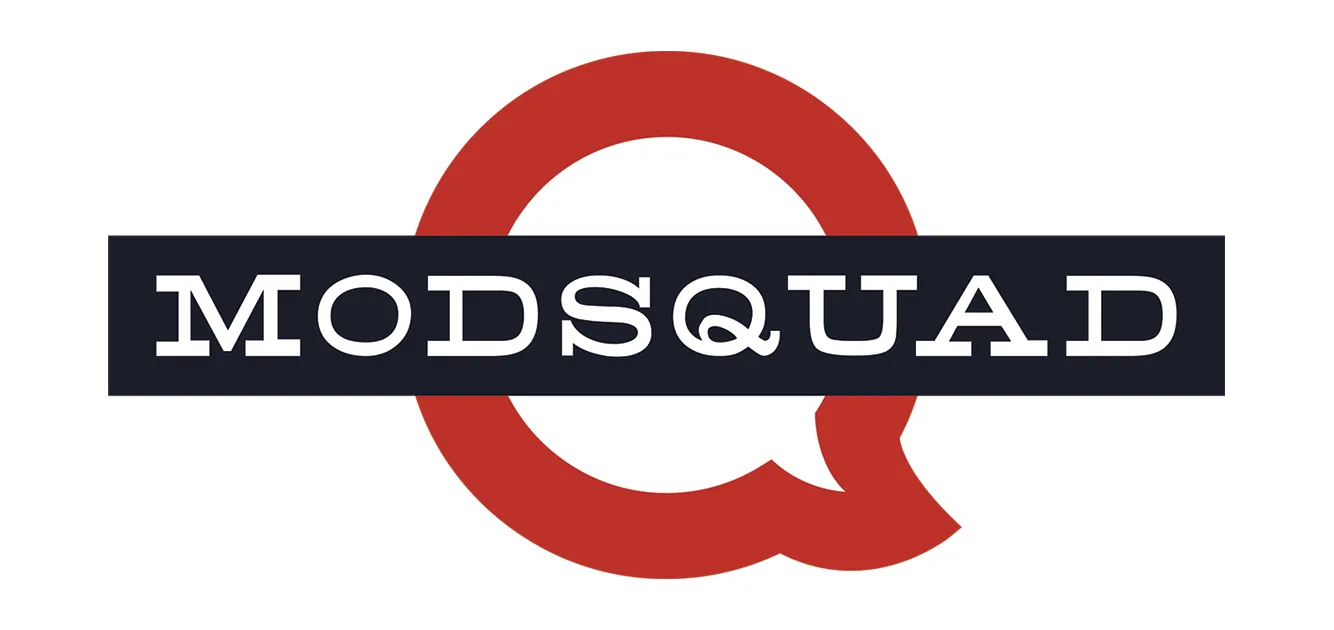
Why Startups Have Better Customer Service
By Sanya Weathers
As with all generalizations, there are exceptions to that rule. Some new kids need a whack with the clue bat, and some fusty old institutions take care of their customers better than anyone. But as a rule, the smaller and/or newer companies do a better job providing high quality customer service.
It’s not a question of resources. A big company has the ability to buy the very latest in software, hire big teams, set up giant facilities with state of the art equipment. Believe me, I’m not knocking resources. I’ve worked at tiny shoestring operations, and plushy suit and tie enterprises. I have more fun at startups, but you know what else is fun? Corporate matching on your 401K and gold standard health care. But I digress. The point is, a big company has the money and power to do great things, and still they often miss.
Speaking of resources, a startup can’t hire the top experts in the field. At the very least, a big company has the ability to outsource and get those experts in via the side door. I’m not slamming outsourcing. (Obviously, eh?) The popularity of the “core competency” buzzword has risen and fallen, but the fact remains that sometimes, you need to take a look at what you do well and what you don’t do well. If there’s something you don’t have the ability to handle professionally in house, but it’s got to be done, do yourself a favor and hire some pros. I can snake a drain and do simple math, but I’m not ashamed to hire a plumber when a water main breaks or an accountant during tax season.
Finally, the quality of customer service has nothing to do with how “hungry” a company is. I hear this argument now and then, and with all due respect, I think it’s hilarious. The idea that someone can master a professional specialty just because they want it badly enough is nonsense. I really, really wanted to be a space shuttle pilot, and failing that, I wanted to fly F14s. Believe me, I wanted these things just as badly as a basement game company wants to make enough money to stop sponging off their significant others for food. Unfortunately, I get confused about where I am in space when the Z-axis is introduced. Wanting it is, as a matter of fact, not enough.
But you can reverse engineer the “hungry” canard and figure out why a brand new company can succeed at customer service when they’re not professionals – and why that lack of professional skill eventually bleeds through.
The answer is proximity to customers.
In the early days of a start up, the company leaders are answering phones. They’re reading customer email. The “report a problem” form on the website dumps to a file on the CEO’s desktop. Even a customer service amateur can do a great job with nothing more complicated than motivation, the golden rule, and no possible way to duck the situation. So you get these tiny companies with no customer service experience doing a phenomenal, gold standard job, and the customers notice. They talk about it. They bring you success.
With success comes the means to hire other people to handle the CS. But here’s where things fall apart. When the people who make the decisions that affect the customers are no longer dealing with the actual customers, a gap will form – unless the decision maker is closely in tune with the community, or willing to rely on his customer service and community professionals. If there’s too big a gap, all the money and mission statements in the world won’t matter.
What can you do? If you’re the decision maker, here’s a plan. Spend one day every quarter with your boots on the ground. Don’t just read the reports; feel it in your gut. Do a shift as a regular CSR. Man the phones like you did when the phone support was a second phone on your desk. Shake metaphorical hands with as many customers as you can. This’ll give the reports you read more impact and immediacy, and give you the perspective you need to make the right calls.
The bigger your company is, the less time you’re going to have to spend with your customers. But it’s worth it to make the time.

